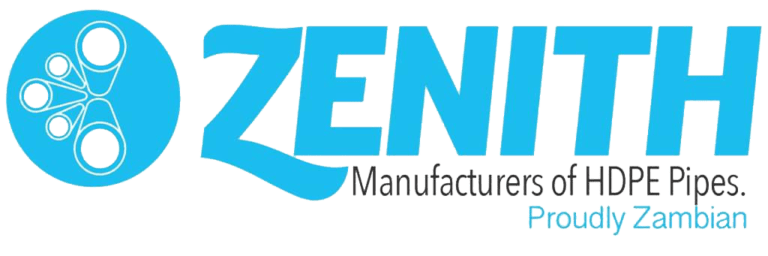Plants, animals, and humans all share a fundamental dependence on water for survival and prosperity. Hence, water systems continue to stand as one of the most crucial infrastructures in existence today.
While the necessity for water is universal, human requirements extend beyond mere access; they necessitate clean and potable water. This need becomes even more pronounced in regions characterized by desert climates, such as the United Arab Emirates (UAE). In these areas, the availability of sufficient drinking water becomes a critical factor in human survival amidst the challenging heat of a desert environment.
Beyond the sheer supply of water, the effectiveness of water pipe systems hinges significantly on the delivery mechanism, one that prioritizes the preservation of water cleanliness and safety. This is precisely where high-density polyethylene (HDPE) pipes emerge as a solution to address these concerns.
In the subsequent discussion, we will explore the suitability of HDPE pipes for potable water systems and delve into the primary applications of this particular type of plastic.
WHAT IS HDPE?
Polyethylene (PE), commonly known as polythene, stands as one of the most widely used types of plastic globally. This highly versatile polymer material can be molded into various shapes using extremely high temperatures.
High-density polyethylene (HDPE) possesses a remarkable strength-to-density ratio, providing robustness while maintaining flexibility by adjusting its density. As a result, HDPE finds application across a broad spectrum, ranging from lightweight films and plastic bags to heavy-duty waterproof membranes for new constructions.
ARE HDPE PIPES GOOD FOR WATER TRANSPORT?
HDPE pipes for water supply have been in use since the 1960s, emerging as a recommended choice for circulating clean, drinkable water due to their durability and resistance to contamination. With a lifespan exceeding 100 years and offering a multitude of advantages, HDPE pipes are a reliable solution.
Below are six characteristics that make HDPE pipes ideal for potable water supply delivery:
- FUSED JOINTS: PREVENTS LEAKS
HDPE water pipes feature fused joints, eliminating the need for additional fittings that could pose potential leak points in a water pipe system. This continuous pipe reduces installation time and remains leak-free for extended periods with minimal maintenance. - CHEMICAL RESISTANCE: LESS RISK OF CONTAMINATION
HDPE pipes are ideal for delivering clean drinking water as they do not leach materials into the water. Studies confirm HDPE as one of the safest choices for potable water, and its compatibility with disinfectant chemicals further enhances its suitability. - HEAT RESISTANCE: SUITABLE FOR HOT AND COLD WATER TRANSPORT
Suitable for distributing water with varying temperatures, HDPE pipes can handle liquids ranging from -40 degrees to 140 degrees Fahrenheit. They endure recurring freeze-thaw cycles without damage, making them resilient in diverse environmental conditions. - CORROSION RESISTANCE: WITHSTANDS MOST CHEMICALS
HDPE provides durability without the risk of rusting, eliminating water contamination from oxidized iron. Highly resistant to corrosion, HDPE ensures compatibility with various chemicals, including strong acids and bases. - SURGE TOLERANCE: LOWER RISK OF STRESS DAMAGE
In high-water-pressure applications, HDPE excels by resisting surges and withstanding fatigue in water distribution systems. These pipes can handle pressure surges up to twice their rating without incurring stress damage. - FLEXIBILITY: SUITABLE FOR IMPERFECT INSTALLATION ENVIRONMENTS
HDPE pipes, with their flexibility, are ideal for imperfect installation environments. They can bend up to 20 times their original diameter, conforming to the surroundings without additional fittings. This makes them suitable for trenchless installations, reducing disturbance and construction costs.
WHAT ELSE IS HDPE USED FOR?
Apart from water and drainage pipes, HDPE finds applications in:
- CONTAINERS: HDPE’s non-leaching property makes it ideal for containers such as water bottles and milk jugs. Its chemical resistance makes it suitable for containers used for shampoo, conditioner, laundry detergents, and antifreeze.
- PLASTIC LUMBER: HDPE contributes to plastic lumber, a structural building material made without wood flour or fibers. It is used in various applications, including furniture, playground components, and coastal retention structures.
HDPE: A VIABLE POTABLE WATER SYSTEM SOLUTION
As a sturdy and safe component of potable water systems, HDPE piping facilitates the delivery of clean drinking water across diverse applications. When utilized correctly and under appropriate conditions, HDPE pipes emerge as the most durable and flexible option available.





